Beyond the Self in Higher Education
Making ethics and character central to the college experience
Our national study of higher education revealed a lack of attention on the part of students (and other stakeholders) to issues of ethics and character, broadly construed. Though there are important exceptions, we live in a highly transactional culture—one that entails a preoccupation with the self above all. More specifically, we find that most students (along with members of their families) evince a singular focus on getting a job after college (“earning” rather than “learning”). As a consequence, they typically miss what we believe—and most faculty and administrators concur—to be the civic and service goals of higher education.
Currently, with generous support from the Kern Family Foundation, we seek to help institutions bring ethics and character to the center of the college experience—to put it in crisp terms, to help move the needle of students’ focus from “I” to “we.” We are engaged in two strands of work: 1) we partner with a variety of institutions, co-constructing approaches that help students develop a sensitivity to ethical dilemmas (e.g., intertwining ethics and character into existing courses or program curricula); and 2) we work with institutions whose missions explicitly feature issues of ethics and character—and seek to assess what students (and alums) have gained from these experiences.
Specifically, in the period ahead, we will focus on mission-driven institutions—those that have a clearly articulated purpose or reason for existing (e.g., religious, historically Black, single sex, etc.). Through in-depth interviews with students and alums, we seek to understand responses to important questions: How are the goals and messages of the institution conveyed to students? How are these goals and messages understood by students (if at all)? Do students arrive on campus already attracted to these goals and messages, or do they become “transformed” over time? Do the goals and messages continue to impact students once they graduate and, if so, in what ways?
Ultimately, we plan to create a synthesis of various current efforts within the sector. We aim to become a “resource hub”—serving institutions interested in the kinds of programs and initiatives that can help students develop intellectual capacities (as all higher education should strive to achieve), as well as develop responsibility to the flourishing of society—beyond just the self.




-
-
-
-
-
-
Support PZ's Reach